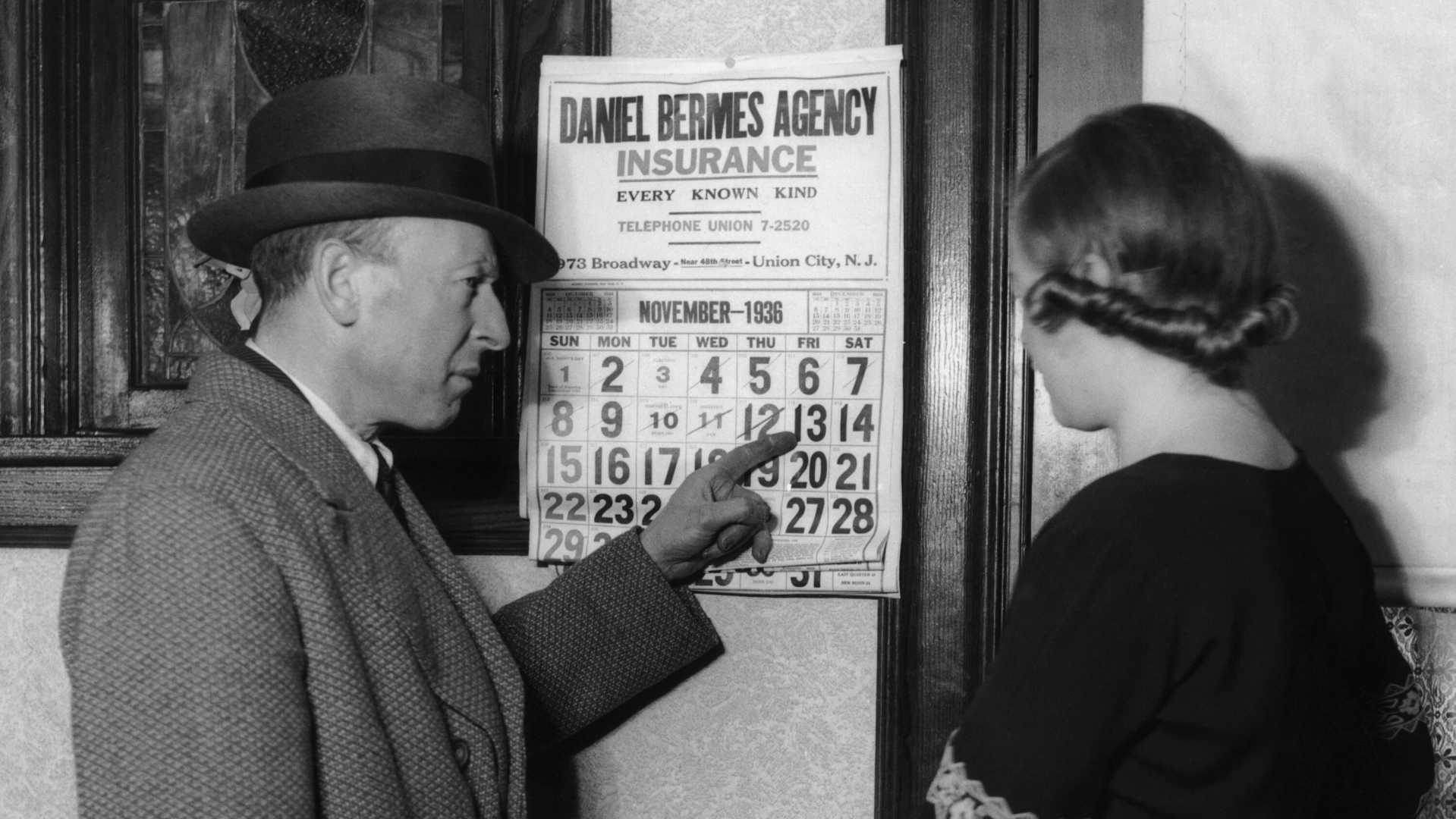World
Superstitions Surrounding Friday the 13th and the Number 13

Some people have a fear of the number 13, particularly Friday the 13th, which occurs this month. This Friday is no ordinary day for the superstitious, as it brings with it a long history of beliefs surrounding its ominous significance.
In various religious and mythological stories, the number 13 is considered unlucky. According to Norse mythology, for instance, the god Loki was the 13th guest at a feast in Valhalla, where he caused the death of another god, Baldur. Similarly, in some Christian narratives, Judas, the apostle who betrayed Jesus, was the 13th guest at the Last Supper.
Clinical psychologist Katy Kamkar explains that the association of Friday the 13th with bad luck is often linked to religious and historical events. Over time, media and cultural influences, including horror movies, have perpetuated this negative association, heightening public anxiety around this date.
Triskaidekaphobia, the fear of the number 13, extends to modern societal practices. Many buildings, including hotels and cruise ships, bypass the 13th floor. University of Waterloo psychology professor Christine Purdon notes that the omission of the 13th floor was easier with the advent of elevators, which themselves were a source of fear due to their novelty.
Purdon suggests that for many, the fear is not of Friday the 13th itself but rather of neglecting simple actions that could prevent perceived future misfortune. This belief persists despite a lack of control over future events, maintaining superstitious practices as a precaution.
However, attitudes towards Friday the 13th may be changing, especially among younger generations. Katy Kamkar notes that today’s children encounter an array of fictional fears and may develop anxieties based on personal experiences rather than specific dates.
To diminish anxiety related to Friday the 13th, individuals are encouraged to challenge and reframe negative thoughts, seek support, and engage in relaxation or mindfulness techniques. For those seeking assistance, the Waypoint Centre for Mental Health Care offers a free resource that can be accessed without a medical referral.












